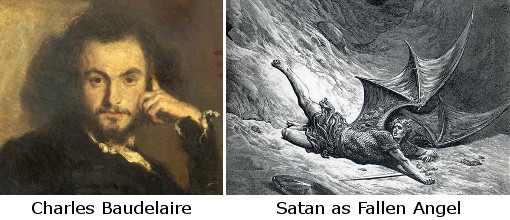Norman Borlaug? John Boyd Orr? George C. Marshall?
Question for Quote Investigator: Human deprivation engenders unrest, violence, and war. The following saying has been credited to Nobel laureate Norman Borlaug, an agronomist who contributed to large increases in agricultural productivity:
You can’t build peace on empty stomachs.
The statement has also been attributed to Nobel laureate John Boyd Orr, a doctor who worked to improve food production and distribution. Would you please explore the expression’s provenance?
Reply from Quote Investigator: In 1945 John Boyd Orr was elected a Member of Parliament in the U.K. In 1946 the House of Commons discussed the “World Food Situation”, and Orr said the following as recorded in the Hansard:1
This country had such a good and well organised food policy during the war, and our prestige stands very high. Therefore, I hope the Government will wholeheartedly support this new Food Council, and will accept its instructions and carry them out as far as possible. I believe that by doing so, we shall make a very great contribution to peace. After all, famine is the greatest of all politicians. We cannot build peace on empty stomachs.
Below are additional selected citations in chronological order.
Continue reading “Quote Origin: We Cannot Build Peace on Empty Stomachs”